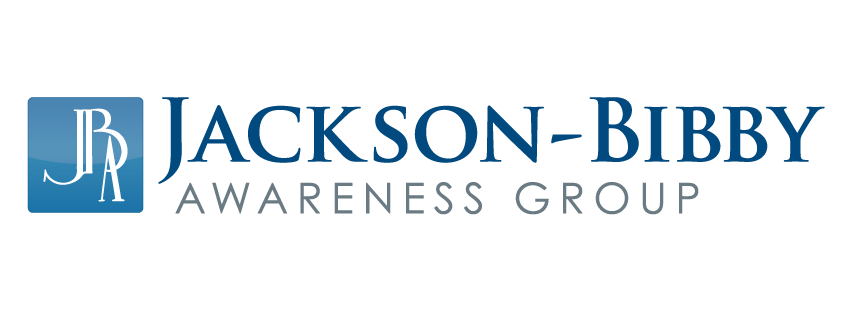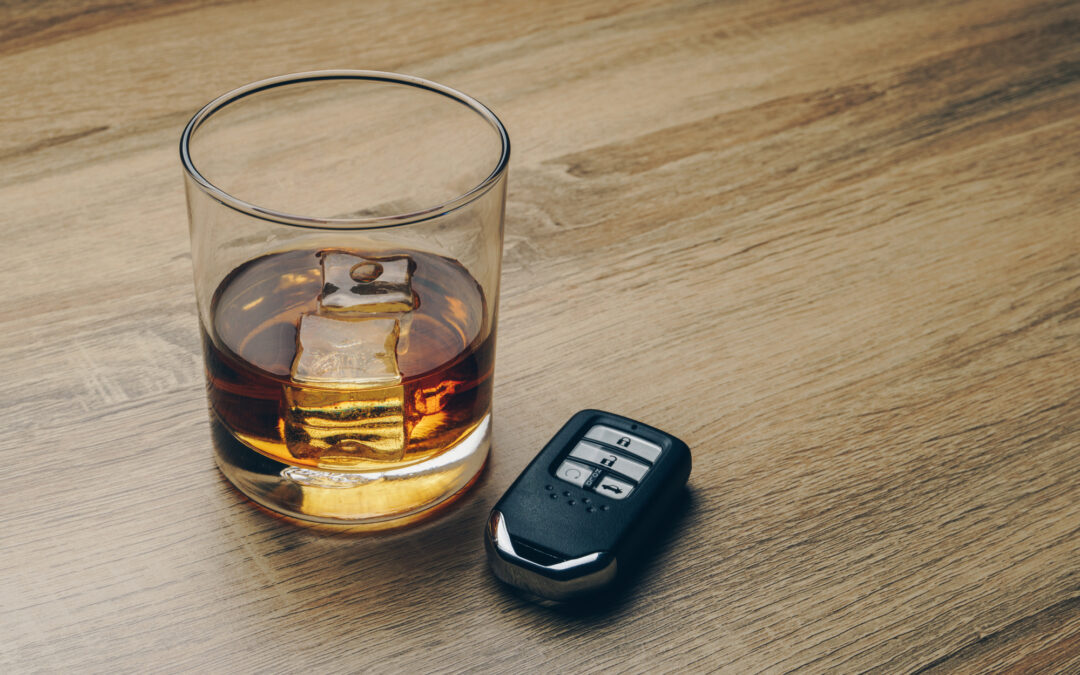Having a DUI (Driving Under the Influence) on your record can be a troubling hurdle when filling out a job application. It often brings about anxiety and uncertainty, making you wonder how it will affect your chances of landing the job. A DUI can influence an employer’s perception, but it doesn’t have to define your professional capabilities or determine your future. Employers may consider a DUI in various ways, depending on the nature of the job, the company’s policy on criminal records, and how recent the incident was. Some might view it as a sign of poor judgment or unreliability. In contrast, others may be more understanding, particularly if it’s an isolated incident and you’ve taken steps to remedy the situation. As you prepare to address a DUI on a job application, remember that your approach can significantly influence the employer’s decision. It’s about demonstrating that you’ve learned from the experience and are ready to move forward with a strong commitment to your career goals.
Understanding the Impact
Safety, liability, and trustworthiness are often at the forefront. Jobs that involve driving or operating heavy machinery may be more difficult to secure with a DUI on your record due to the inherent risks and insurance implications.
However, the impact of DUI on a job application can extend beyond jobs with driving responsibilities. Some employers may question your decision-making skills and professionalism. It’s also not uncommon for a DUI to affect the initial screening process, where companies set certain applicant standards.
Despite these challenges, many employers are open to giving candidates a chance to explain their circumstances. They may consider the nature of the offense, the time that has elapsed since the DUI, and evidence of rehabilitation or positive personal development.
Honesty as the Best Policy
It may be tempting to omit this information, but most employers conduct background checks, and discovering a DUI later can harm your credibility and chances of getting the job. If the application asks about criminal history, be forthright in your response.
Being honest about a past DUI demonstrates integrity and trustworthiness—qualities that employers value highly. It allows you to control the narrative and show that you are more than your mistake. When explaining the incident, do so briefly and focus on what you’ve learned rather than the details of the DUI itself.
You should also be prepared to discuss the DUI during an interview. Plan a concise explanation that includes acknowledgment of the mistake, any penalties or consequences you faced, and, most importantly, what you have done to ensure it will not happen again.
Highlighting Personal Growth
After addressing your DUI on a job application, it’s vital to shift the focus toward your personal growth and how you’ve moved forward positively. Emphasize any steps you’ve taken towards rehabilitation or community service, and if applicable, talk about how the experience has changed your perspective and habits.
Show potential employers that you have turned a challenging situation into an opportunity for personal development. Whether you’ve attended counseling, participated in community service, or taken any educational courses on responsible behavior, these points can illustrate your commitment to self-improvement.
Highlight your achievements since the DUI as well. This could include new certifications, skills, or education you’ve completed, showing your dedication to your professional growth. By redirecting the conversation to your progress, you demonstrate that you are looking forward and are committed to being a responsible and valuable employee.
Emphasizing Responsibility and Accountability
Employers value candidates who can own up to their mistakes and learn from them. Clearly articulate that you understand the seriousness of a DUI and its potential impact on safety and trust.
Describe the steps you’ve taken to make amends, such as completing any required legal consequences, attending a driver’s safety course, or participating in community outreach programs. This shows that you have accepted responsibility and actively worked to correct your mistake.
Also, be sure to communicate what measures you’ve put in place to prevent future lapses in judgment. This could involve lifestyle changes, ongoing support mechanisms, or a new perspective on personal accountability. This approach reassures potential employers that the incident was an isolated event and that you are committed to maintaining a high standard of conduct both personally and professionally.
Seeking Legal Advice If Necessary
A legal professional can guide what information you must disclose, depending on the laws in your state or country. In certain jurisdictions, for example, you may not be required to disclose a DUI after a specific period has passed.
A lawyer can also advise on how to phrase your disclosure in a way that is honest yet also protects your rights. They may suggest focusing on the corrective actions you’ve taken since the DUI, which can help put the incident in a more positive light.
If you’re facing ongoing legal proceedings related to a DUI, legal counsel can be crucial. They can help you navigate any potential impacts on your job search and ensure you make informed decisions about your employment disclosures.


Recent Comments